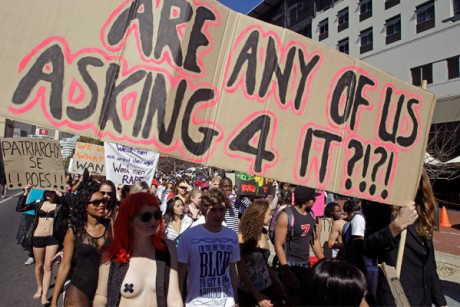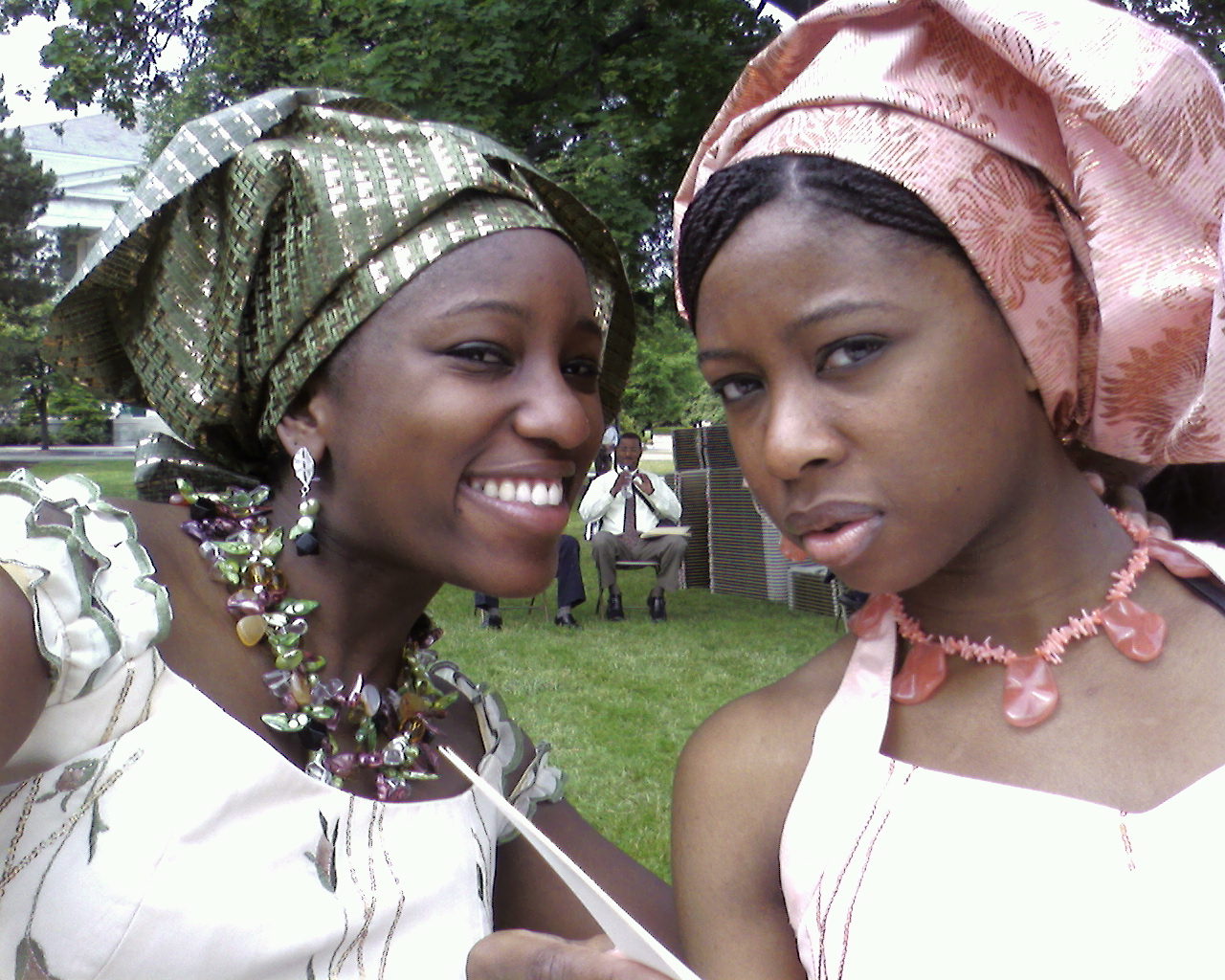Today, as I await the news of Nigeria's latest anti-LGBT bill, I feel like an abandoned child who belongs nowhere -- it has nothing to do with not having a place to eat Turkey.
-
-
Afrofeminism - Blog - Community Organizing - Gender and LGBT Issues - QWOC+ Boston - Race, Culture, Ethnicity
Queer Women of Color Still Face Racism During Pride, Among Other Things
Activism, for so many of queer women of color, is a constant negotiation of which ism to address. We don’t have the luxury of snubbing everyone that offends us, or we would have no where to go. We can't -- and shouldn't have to -- fight everyone. As a direct…
-
Reflections of a Straight Girl: What Does It Mean to Be an Ally?
My sister Zara, wrote this recently for me (it is also posted on her blog @ ZaraChiron.com). If you have siblings, parents, family members etc, that haven't yet come around, I hope you find inspiration in this piece, to be patient (and brave) enough to remain open to their own…
-
New Narratives, New Voices: Why I Hate the Word Diversity
But in my fight for "diversity", I've often found myself pigeon-holed into choosing on one fight -- the "people of color" fight -- over others (sexism, immigration etc), and losing critical ground on those other fronts as a result.

